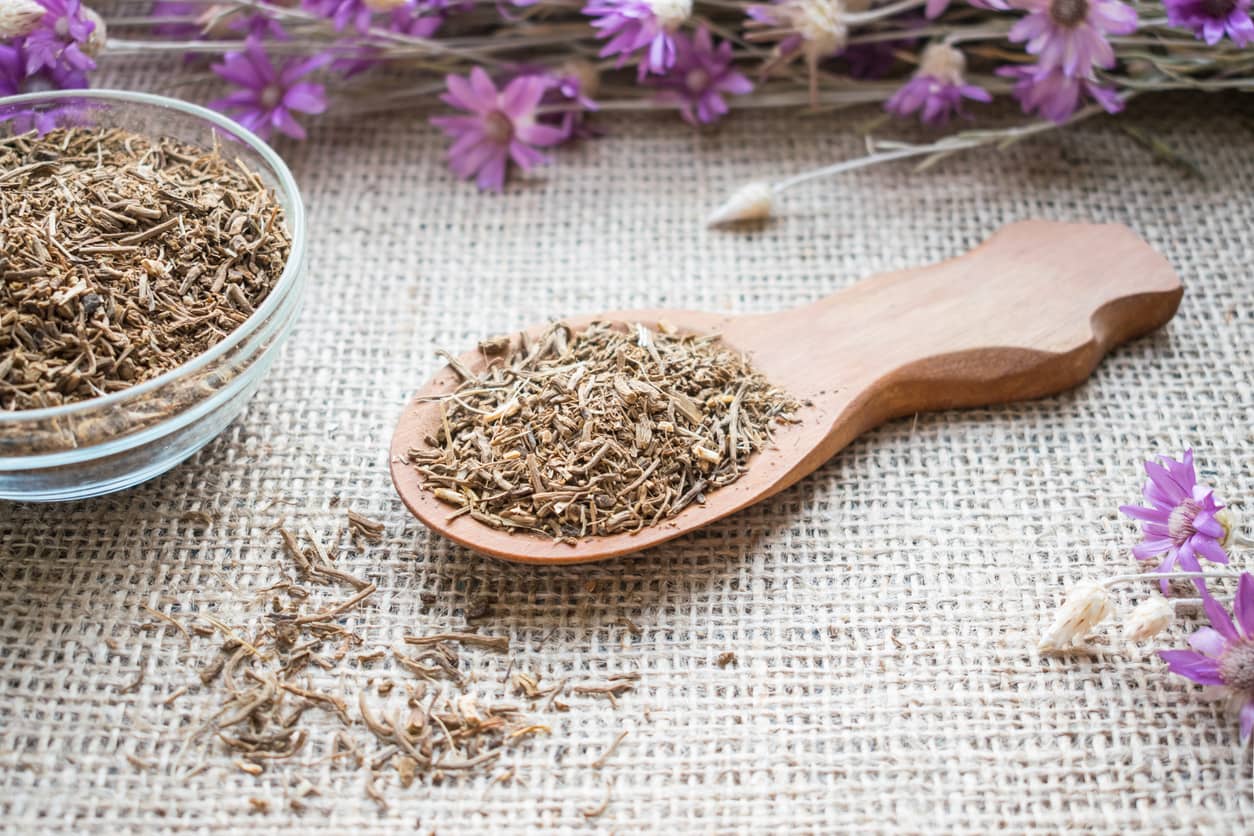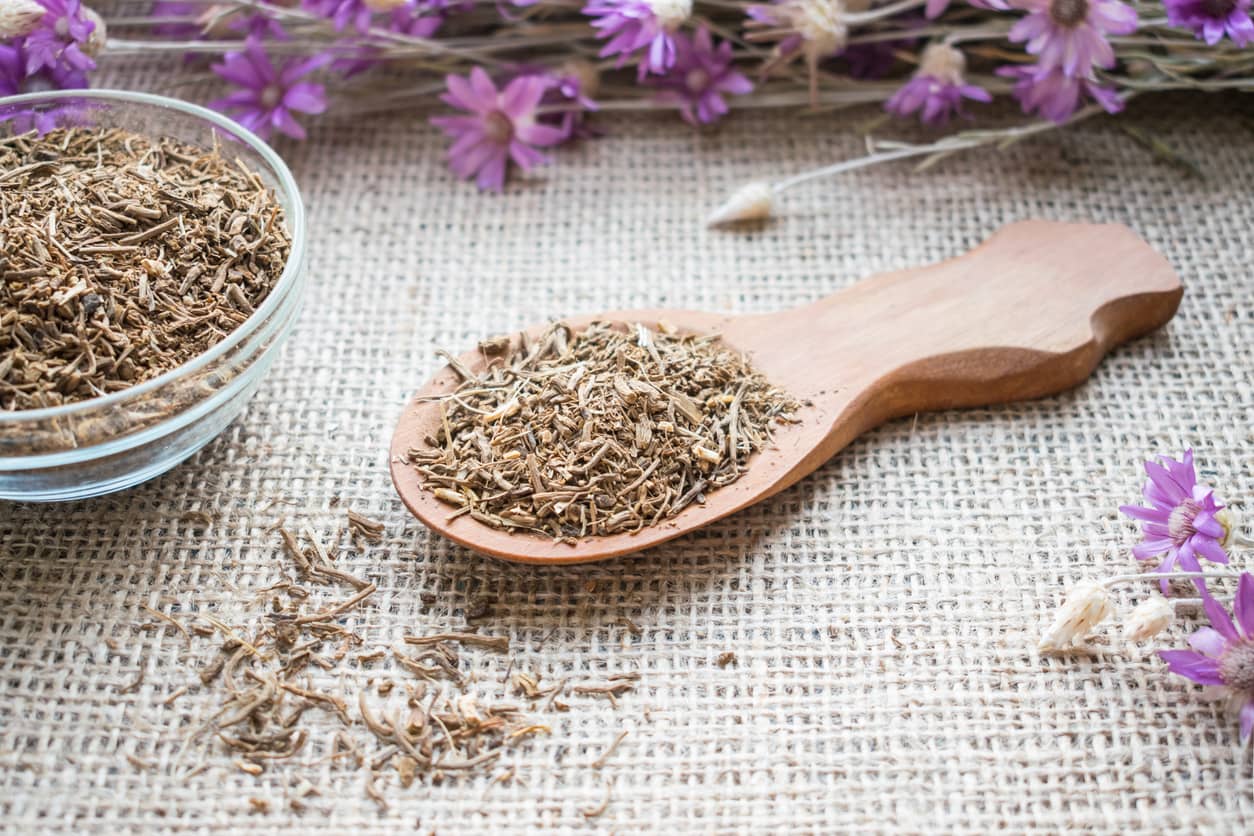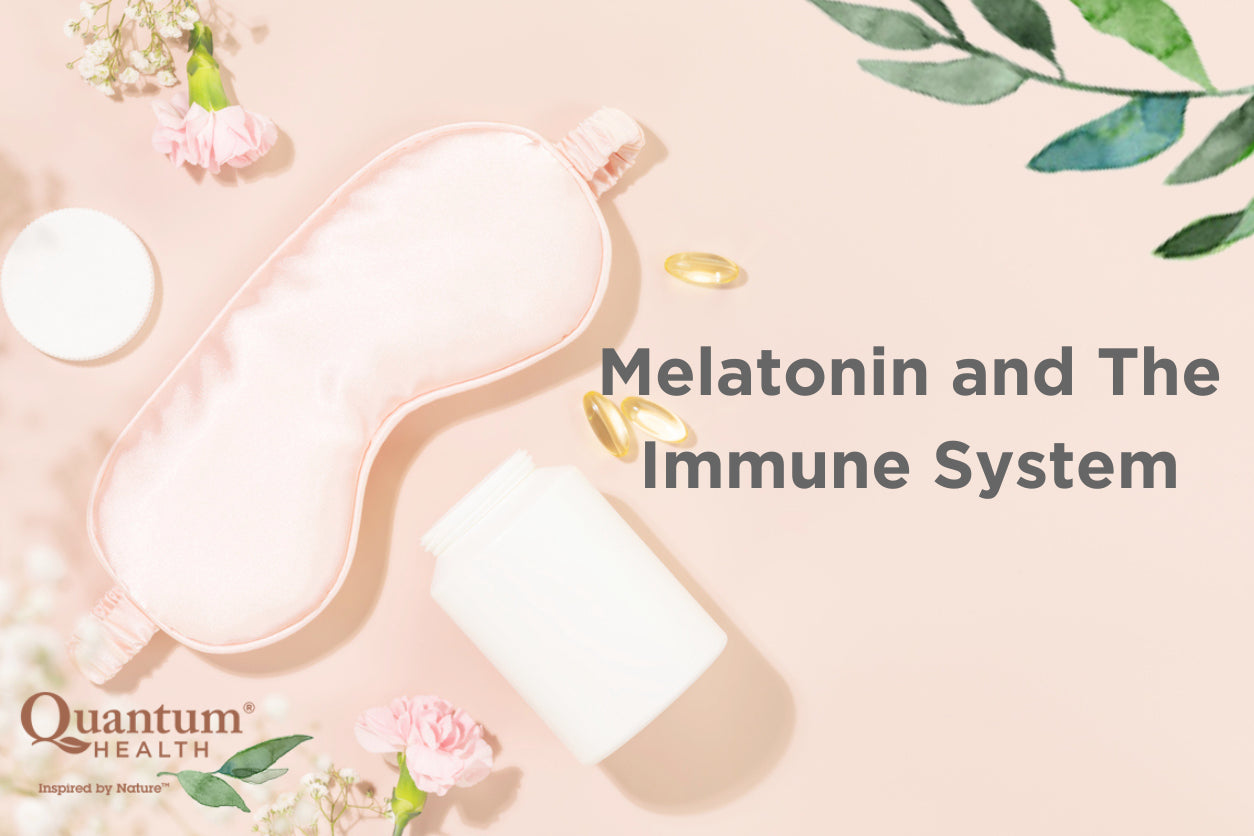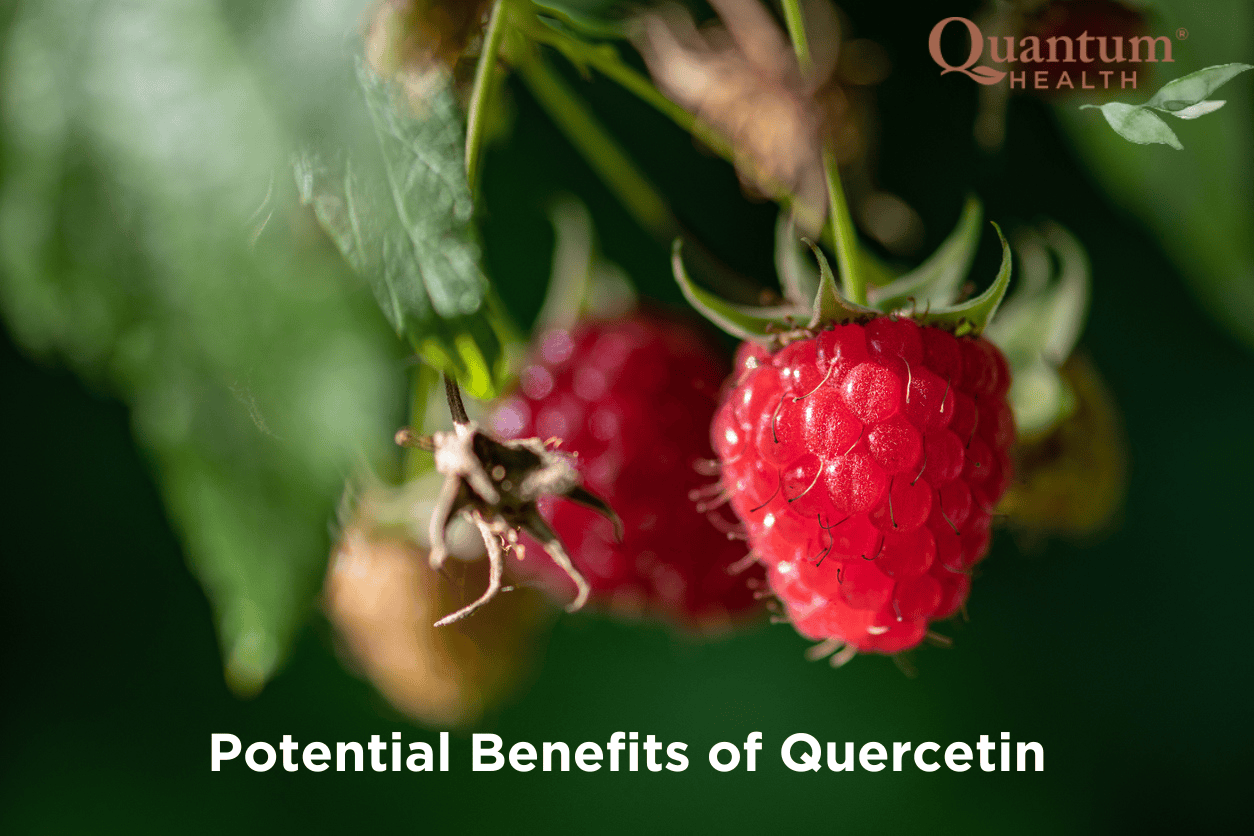What is Valerian Root and What Does it Do?

What is Valerian Root
Valerian root, known scientifically as Valeriana officinalis, is a plant native to Europe and parts of Asia, but it is also grown in North America. Used since ancient times, valerian root has been harnessed for its various properties, primarily to aid relaxation and help promote a sense of calm.
History of Valerian Root Uses
Valerian root has a storied history, used historically to ease discomfort and support relaxation efforts. Today, it is commonly available in several forms, including teas, capsules, and tinctures, making it accessible for a variety of uses.
How Valerian Root Works
The efficacy of valerian root can be attributed to its rich composition of iridoids, essential oils, flavonoids, and a notable influence on gamma-aminobutyric acid (GABA) pathways in the brain. These compounds are thought to help modulate nerve impulses, contributing to its primary effects.
Potential Benefits of Valerian Root
Sleep Support
Many turn to valerian root to support their sleep quality. Research suggests that it may help individuals fall asleep more swiftly and support restful sleep.
Relaxation and Anxiety Support
Aside from its sleep-related benefits, valerian root is also favored for its potential to reduce anxiety. Its interaction with GABA receptors may help soothe nervous tension and foster a calming environment mentally.
Impacts on Sleep Quality and Sleep Latency
Valerian root is often researched for its potential to support sleep latency—the time it takes to fall asleep—and overall sleep quality, making it a choice for those looking to support their night-time routine.
Recommended Usage
While the effectiveness of valerian root can vary, typical dosages range from 300 to 600 milligrams taken shortly before bedtime. For optimal results, consistency and adherence to dosage guidelines are recommended.
When to Consult a Doctor
It's important to consult healthcare professionals if sleep disturbances persist or if there are concerns about interactions with other medications. Valerian root is generally well-tolerated, but like any supplement, it should be used judiciously.
Share
Your share can inspire countless others.


















































